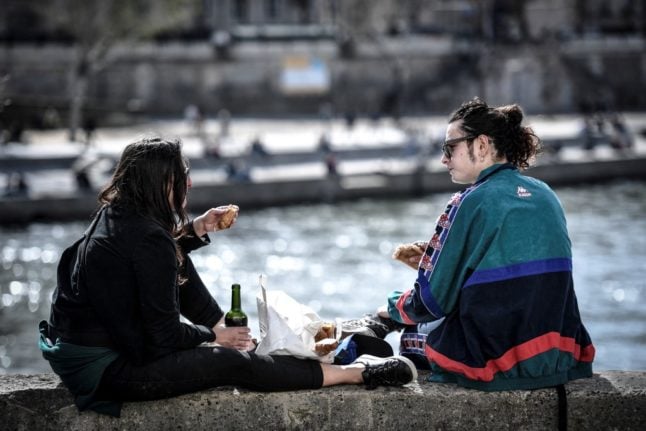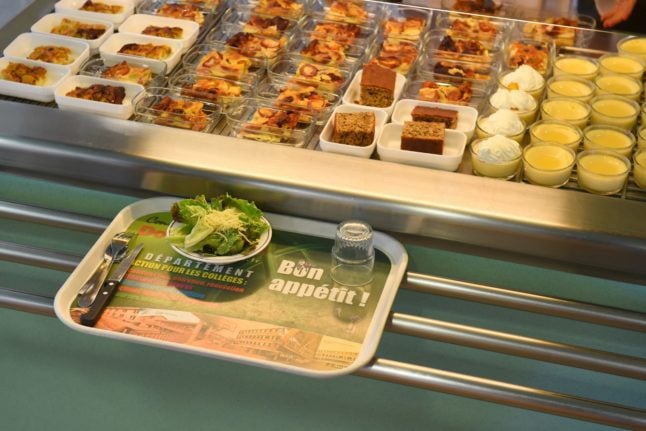La Belle Vie is our regular look at the real culture of France – from language to cuisine, manners to films. This newsletter is published weekly and you can receive it directly to your inbox, by going to your newsletter preferences in “My account”.
There are a lot of good movies coming out in the next few weeks and months. I’m particularly intrigued by a new biopic about Napoleon, which is set to air in November. He’ll be portrayed by none other than the Joker himself (also known as Joaquin Phoenix).
Napoleon is always an interesting character to see on the screen (I am partial to his portrayal in Bill and Ted’s Excellent Adventure, personally). Part of the reason he can be a complex character to adapt is simply that he lived a very complicated life – even his relationship to France was thorny.
5 things you didn’t know about Napoleon
History films are one of my favourite cinematic genres – I have a bad habit of spending half the time watching, and the other half going through Wikipedia to find out what was properly adapted. Usually when I tell people this, they just say: “Why not watch more documentaries then?” which is great advice.
There are plenty of informative documentaries about France, especially if you are not afraid to watch in French. French television channels often commission documentaries, so if you have cable TV you can always tune in to the channel M6. Otherwise, there are some classics that will teach you about French culture, society and current events.
9 of the best documentaries about France
And of course, we have the French to thank for inventing cinema in the first place. Photography equipment manufacturers Auguste and Louis Lumière screened the first presentation of a projected film on March 22nd, 1895, for an audience of 200 people.
Cinema is not the only life-altering invention that we can thank the French for, but croissants are not one of them (though you could argue that they have perfected the pastry).
12 world-changing inventions that came from France
When it comes to naming French streets and roads, France does a great job with honouring its history and those who contributed to it. But in my opinion, the inventors of these essential products have not been given nearly enough credit. Okay, Louis Pasteur is well-recognised, but Louis Braille could do with a few more boulevards.
So who wins the prize for the biggest number of streets, avenues and boulevards bearing their name? Spoiler alert: Napoleon did not make the top 10, though the majority of the names can be traced back to French politics over the last three centuries.
Which French figure has the most streets named after them?
Knowing a little something about French history is always helpful for making it through dinner parties and apéros, and seeing as those namesakes have been deemed important enough to be featured on thousands of France’s streets, knowing who they are and what they did is a good place to start.
According to an IFOP survey, 90 percent of French people believe that the conversation is the most important part of a successful apéro, so you need to have your best anecdotes ready too. The most popular topic of conversation is general news, followed by how your family is getting on. So maybe not so heavy on the history, but best to be prepared!
Nine out of every 10 French people engage in these pre-dinner drinks, and some even refer to them as France’s ‘evening prayer’.
Apéro: All you need to know about the French evening ritual
If you are at a loss for what to bring along to apéro this summer, you can start with our guide to the five best drinks for warm weather in France.
You can never go wrong with a spritz – which basically refers to any drink that is a combination of wine (usually sparkling wine), soda water and an apéritif drink. They’re served long with lots of ice, so they make a refreshing and not too strong drink option in the summer.
Rosé, spritz and pressé: 5 things to drink in France this summer



 Please whitelist us to continue reading.
Please whitelist us to continue reading.
Member comments